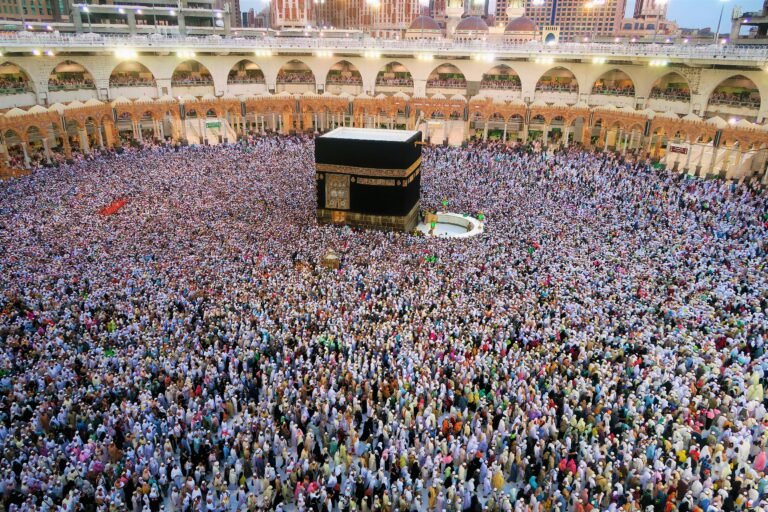“The government has continued to narrow the budget deficit from 6.1% of GDP in 2022 to 4.8% in 2024 through prudent fiscal measures. However, higher than planned capital spending on roads and energy in late 2024 led to missed targets in three areas: Net Credit to Government, Net Domestic Asset and Net International Reserves,” a press release issued by government through the Ministry of Information and Civic Education dated April 14th 2025 states.
These issues were pointed out during a visit by the International Monetary Fund (IMF) from April 1st to 11th 2025, which reviewed progress under Sierra Leone’s new economic programme. The IMF said that the country’s economy is still strong, with growth expected to rise from 4.0% in 2024 to 4.5% in 2025. Inflation has dropped, from 54.5% in October 2023 to 13.1% in February 2025, and the exchange rate has been steady since mid 2023.
Despite these improvements, the government’s budget deficit has only gone down a little, from 6.1% of GDP in 2022 to 4.8% in 2024. The rise in capital spending on infrastructure, especially roads and energy, led to the missed targets and put more pressure on the government’s finance.
In response, the IMF and government have agreed on a set of actions to fix the situation. These actions include improving revenue collection and making sure spending stays within the agreed budget. The aim is to meet the necessary targets by June 2025, which will allow the IMF to release its financial support for the year.
Meeting these targets will also make it possible to get more help from the World Bank and the European Union, which could bring in more funding to help Sierra Leone keep its economy stable in the long run.
The government has said it is committed to the programme and the reforms needed to keep progress going and improve the lives of Sierra Leone.



